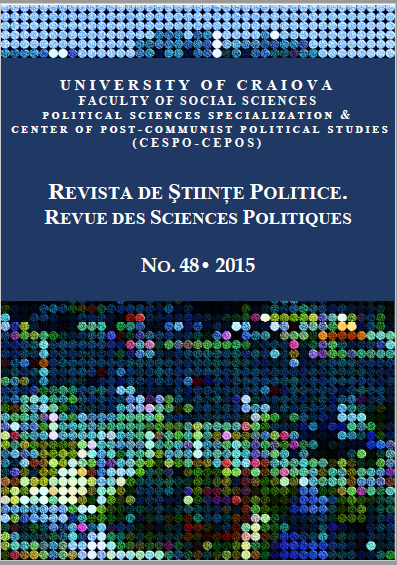Decentralizaton of Power in the Republic of Macedonia as Problem-Solving in the Inter-Ethnic Relations
Decentralizaton of Power in the Republic of Macedonia as Problem-Solving in the Inter-Ethnic Relations
Author(s): Fadil ZendeliSubject(s): Evaluation research, Inter-Ethnic Relations, Sociology of Politics
Published by: Editura Universitaria Craiova
Keywords: decentralization; inter-ethnic relations; municipalities; competencies; power;
Summary/Abstract: Republic of Macedonia has started the process of transition two decades earlier with changes in economic and political system. The removal from the former Yugoslav system prompted more the process of centralization than that of decentralization, public funds and municipal properties were centralized, reduced municipal competences were not supported by financial means and in reality were formed weak municipalities that in practice were nonfunctional. It was therefore necessary radical reorganization of local government system, for which were created certain conditions after the signing of the Ohrid Agreement and constitutional changes. The Republic of Macedonia continued to build a society with deep ethnical division among both communities Albanian and Macedonian. Reform system of local government was in function of building municipalities based on democratic principles and decentralization, such as enable them to manage the local affairs responsibly and in interests of the citizens. The idea of decetralization and democracy in Republic ofMacedonia as legal and political instrument is closely realted with interethnic relations as pillars of security and institutional balance within the construction of a society of mult ethnic and multi cultural state. Local governance encompasses a range of different issues and we will focus on areas more relevant to the process of decentralization and democratization, such as: education, municipal finance and local economic development, culture, municipal commissions for inter-ethnic relations, etc.). The methodology used in this study is designed to provide information on internal evaluations of the situation by relevant institutions addressing and reflect the facts and elements in the decentralization process comparable to the perception of decentralization by citizens.
Journal: Revista de Științe Politice. Revue des Sciences Politiques
- Issue Year: 2015
- Issue No: 48
- Page Range: 42-51
- Page Count: 10
- Language: English

